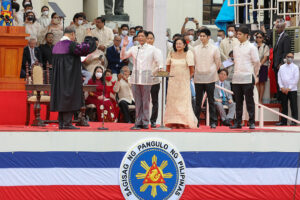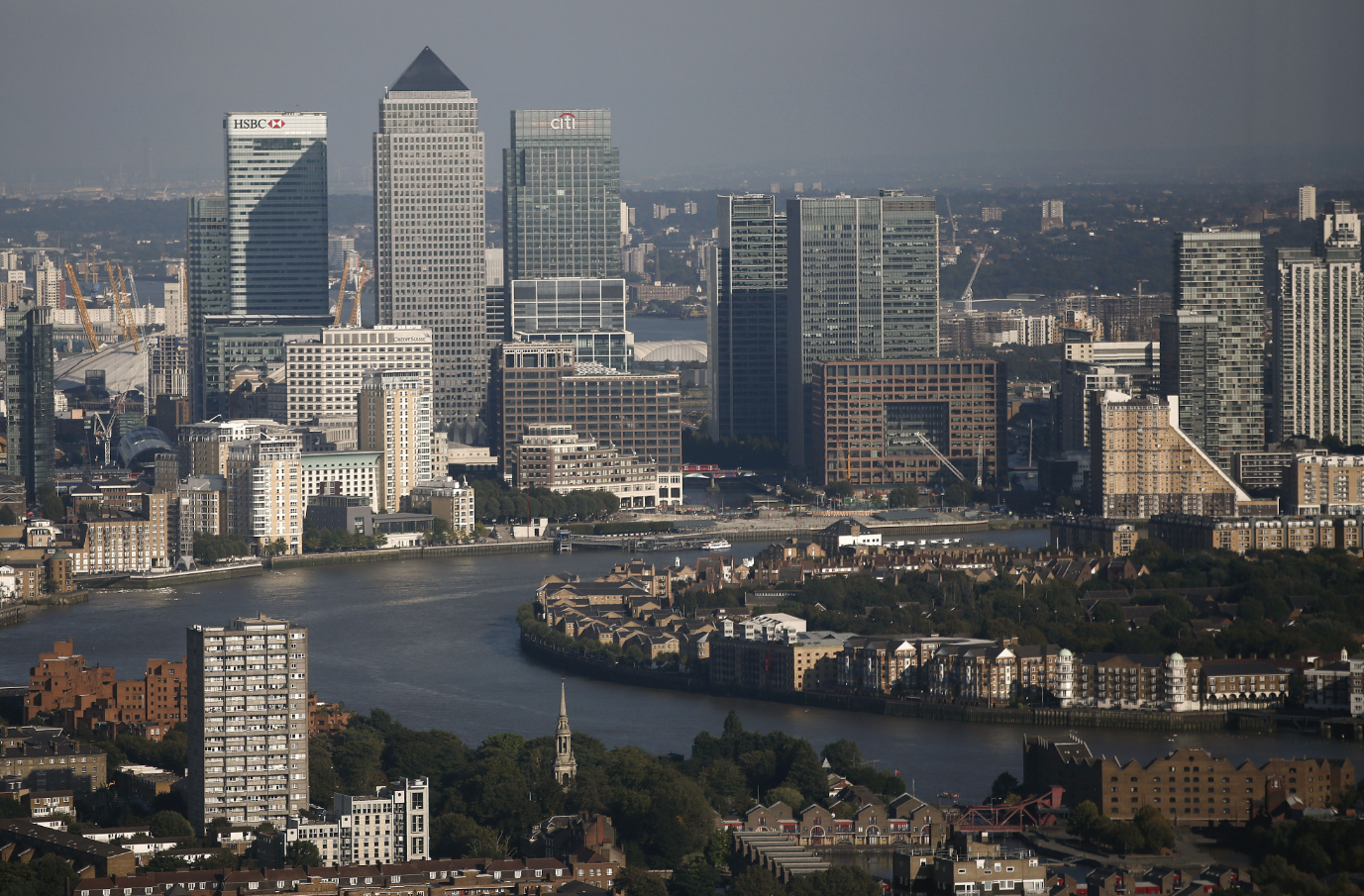Moving back

“Move on” has become the Marcos family’s usual response whenever, in the hope that by remembering the past, history won’t repeat itself, martial law survivors, human rights defenders, historians, independent journalists and other citizens recall what happened during the 14-year dictatorship (1972–1986) of their late patriarch Ferdinand Marcos, Sr.
Ferdinand Marcos, Jr. did declare that he was not going to dwell on the past but would present an agenda for the future in his inaugural speech as the country’s 17th President. But he nevertheless mentioned, and indeed called attention to, the supposed achievements of his father’s rule.
He alluded to them at least three times in the course of his 26-minute speech. He thus invited more attention to them than to his program of government, because there had been speculation prior to June 30 that he would use his inauguration as a podium from which to air his family’s version of what happened during his father’s reign. He did not quite do so, but his allusions to those purported achievements were enough for some individuals and groups to challenge them.
Reacting to his less than credible claims, economist Solita Monsod addressed them in her blog and concluded that his boast that his father “got things done” was false. She pointed out that economic growth during the dictatorship was the lowest compared to that of Marcos Sr.’s predecessor administrations, that the numbers of the Philippine poor increased rather than waned, and that the regime’s promise of food self-sufficiency was never achieved.
The online news siteRappler similarly questioned in a fact- checking piece the claim that the Philippines was self-sufficient in rice during the dictatorship. But it also pointed out other inaccuracies, such as Marcos Jr.’s taking credit for the 1995 Bangui Bay Wind Farm in Ilocos Norte. The Rappler article said it was not his project, although his followers have been celebrating it as an indication of the supposedly pioneering mindset of his administration.
Beyond all this, however, what distinguished the Marcos Jr. inaugural speech was not only its being delivered in a manner reminiscent of his late father’s, who was admittedly a gifted public speaker, but also in its rhetorical flourishes. He did promise much, among them a better government response to the public health crisis created by the pandemic, which was expected and therefore predictable. But what was most notable about it was not so much what he said — it was what he did not say.
He devoted only a few words to the war in Ukraine and to foreign policy, without referring to the one issue that made the country’s foreign relations so problematic during the past regime of Rodrigo Duterte: Chinese aggression in the West Philippine Sea, and that administration’s tepid response to it despite its supposedly independent foreign policy.
Particularly relevant was that only on June 24, the Department of Foreign Affairs (DFA) had announced the termination of joint energy exploration talks with China because the latter was adamant in its refusal to recognize the country’s sovereignty over those parts of the West Philippine Sea, including the Philippines’ Exclusive Economic Zone (EEZ), that the United Nations Arbitral Tribunal has ruled are part of its territorial waters.
Equally relevant to the country’s foreign relations is its continuing dependence on the United States for its external defense under the Mutual Defense Treaty despite decades of, and the billions spent on, the “modernization” of the Philippine military. There are also such other issues in US-Philippine relations as the Visiting Forces Agreement (VFA) and the Enhanced Defense Cooperation Agreement (EDCA), both of which Duterte had repeatedly threatened to end but never did.
Granted that the time allotted for Marcos’ inauguration speech may not have been enough for a detailed exposition on foreign relations. But it would not have hurt for him to pledge that he will defend Philippine sovereignty and remedy the country’s dependence on a foreign power for its external defense.
Also missing was any reference to the restoration of the rule of law and respect for human rights, the defenders of which have been under siege since 2016. Nothing about press freedom, free expression and the imperative of respecting both, or anything about stopping the use of State violence against government critics and dissenters. And there was absolutely none about his and his family’s tax liabilities, or, for that matter, how, as his own Agriculture Secretary, he intends to make P20 per kilo rice available.
He did say something about not “re-teaching” history, but his Vice-President and Secretary of Education, Sara Duterte, is nevertheless equally focused on the past.
She wants to discontinue the K-12 basic education program, and to restore the old system under which students spent two years less in school. She also wants to return, again from past practice, mandatory military training in high school and the much discredited Reserve Officers’ Training Corps (ROTC) requirement in college (although the latter is not within the Department of Education’s authority).
As suggestive as all of these already are of a return to the past rather than a focus on the future, they were almost immediately followed by one of Marcos Jr.’s Congressional allies’ filing a resolution for Constitutional amendments even before Congress has convened.
If amending the Constitution does happen and one of the resolution’s proposed changes is adopted, the current President and Vice-President could run for re-election. Their terms of office would be reduced to five years from the current six, but they could run again for another five-year term, and thus be in power for 10 years each if re-elected.
What makes this latest attempt at charter change redolent of the past is that the thought of extending their terms was entertained by at least two of Marcos Jr.’s predecessors. But only his father, by declaring martial law in 1972, succeeded in staying in power for 13 more years (1973–1986) after his second four-year term ended, for a total reign of 21 years. The Constitution then mandated only a four-year term for Presidents, but allowed their re-election.
The older Marcos tried to extend his term through Constitutional amendments but initially failed to get the delegates to the 1971 Constitutional Convention to approve a provision allowing his re-election for the second time. Only after the declaration of martial law was the 1973 Constitution ratified. The 1987 “People Power” Constitution specifies a six-year term for the head of State without re-election. The assumption is that six years are long enough for a President to successfully implement his programs, and too short for an abusive or incompetent one to do much damage to the country.
That another Marcos administration has come to pass is in itself already a disturbing throwback from the troubled past. The question its harking back to the past provokes is whether a repeat of it is in the offing, and that, rather than “moving on,” the Philippines is on the verge of moving back.
There is the even more compelling question of how far back in time the country can expect that back-to-the-past scenario to go. Because of how much it has regressed during the last six years of despotic rule, government corruption and incompetence, moving even farther back will most certainly make things hopelessly worse, the Philippines being, no thanks to the Duterte regime, in a particularly acute stage of the economic and social crises that have long plagued it.
Luis V. Teodoro is on Facebook and Twitter (@luisteodoro).




